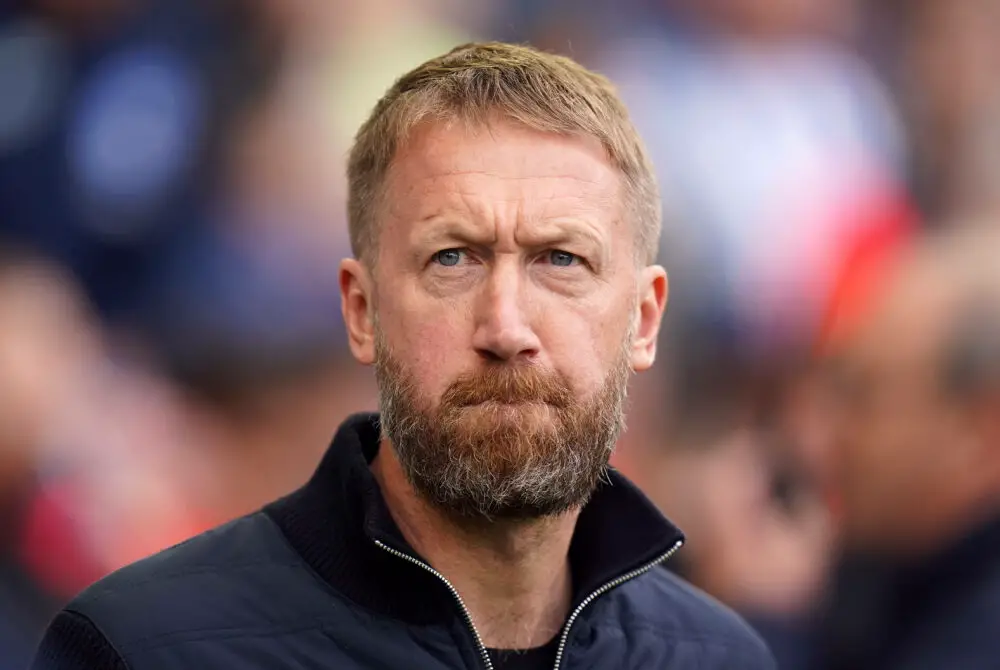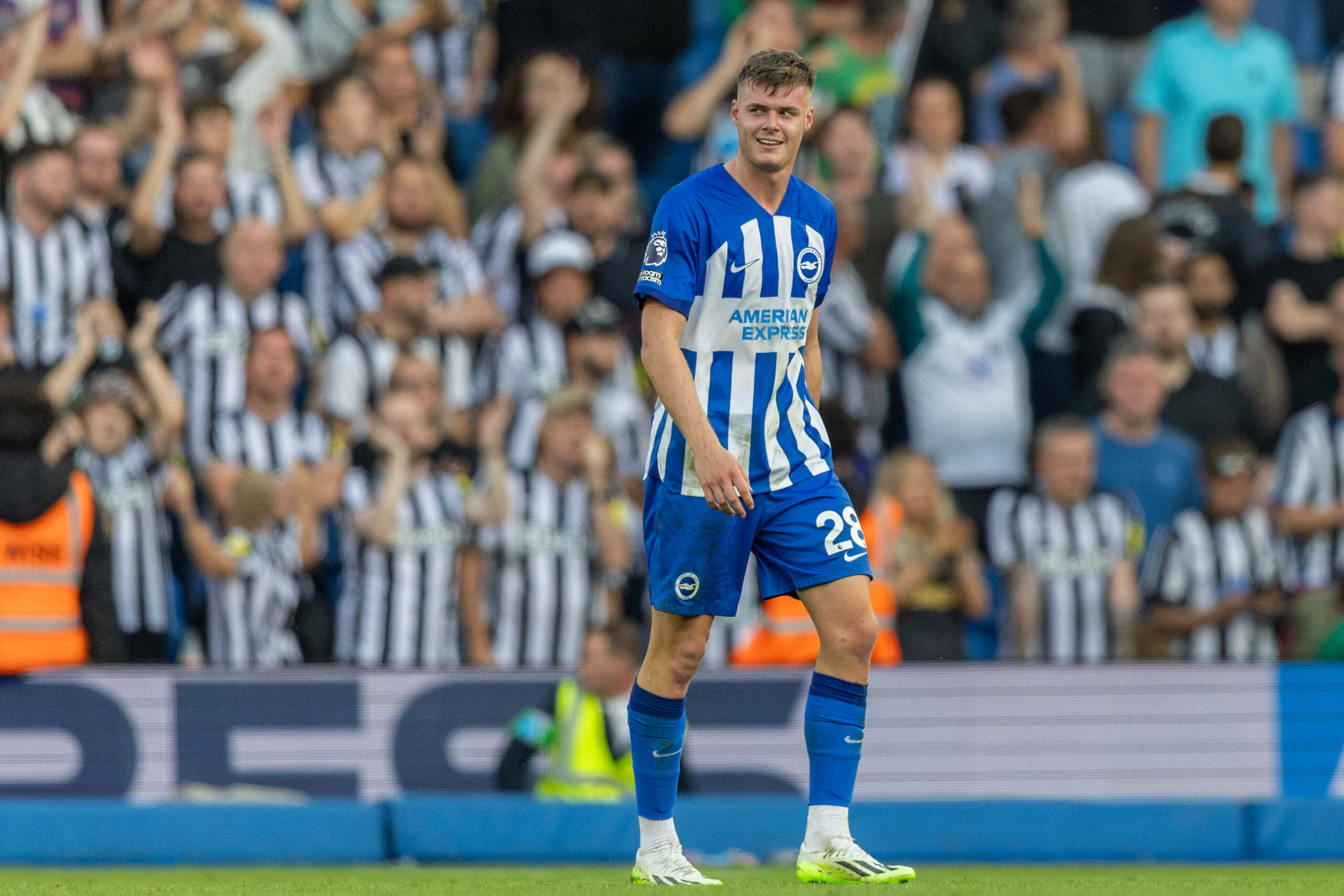Brighton’s Evan Ferguson and Graham Potter Conundrum
Brighton’s Search for Familiar Excellence
In a recent revelation by former Brighton defender Mark Lawrenson, the echoes of nostalgia resonate with the idea of Graham Potter returning to helm Brighton & Hove Albion. Lawrenson, in his discussion with Best Online Poker Sites, emphatically stated, “I’d like to see Graham Potter back at Brighton. He knows the club and he was the one who set them up to be the side they are today.” The sentiment behind bringing back a former coach is steeped in Potter’s foundational work at the club, which sculpted Brighton into a formidable passing and pressing team. This assertion underlines a significant recognition of Potter’s imprint on the club’s current identity and ethos.
Evaluating Potter’s Legacy and Future Prospects
It’s worth dissecting what Lawrenson highlighted about Potter’s possible return. “He made them such a good passing and pressing team, and only left because Chelsea came knocking,” Lawrenson noted, indicating that Potter’s departure was more a response to a greater calling rather than a dismissal of his project at Brighton. Potter’s methodology in crafting a dynamic and fluid playing style has left a lasting influence, which arguably makes him the ideal candidate to drive Brighton forward once again.

Moreover, Lawrenson points out the familiarity Potter has not just with the style of play and the club’s ethos, but also with the core team members and the board, which could be instrumental in a smooth transition should he return. “He knows the owner and the board very well and he’ll still know a lot of the players,” he added, suggesting that Potter’s deep-rooted connections within the club could be pivotal in rekindling Brighton’s recent form.
Challenges of a Second Stint
While the prospect of returning can be appealing, it brings its own set of challenges. Can Potter reinvigorate a team he once led to new heights? His earlier success at the club sets a high benchmark for his potential second tenure, creating an environment ripe with expectation and the pressure to replicate past achievements. Moreover, the football landscape has evolved, and adapting to new tactics, opposition strategies, and player forms will be critical for Potter if he reassumes the managerial mantle at Brighton.
Brighton’s Current Conundrum: The Case of Evan Ferguson
Another poignant topic Lawrenson touched upon was the situation with Evan Ferguson, a young striker facing the notorious ‘second-season syndrome.’ Ferguson’s dip in form is not an isolated case but rather a common occurrence in football, where players struggle to emulate their initial success in their sophomore year. Lawrenson remains optimistic about Ferguson’s potential rebound, stating, “I’d be very surprised if he didn’t score 15 goals next season when he’s in the team because he’s just got second-season syndrome – they’ve all had it, even Ryan Giggs!”

This perspective brings to light the cyclical nature of football performances and the need for managerial acumen in nurturing young talent through such phases. A manager like Potter, familiar with the pressures and expectations at Brighton, could be instrumental in guiding young players like Ferguson back to their best form.
In Conclusion: A Wise Decision?
The conversation around Potter’s return is more than just a sentimental call to the past; it represents a strategic choice, potentially re-aligning Brighton with its previously successful trajectory. The blend of Potter’s tactical familiarity and personal rapport with the team presents a compelling case for his return as a logical step in Brighton’s ongoing quest for footballing excellence.
As Brighton contemplates its next managerial move, the echoes from their past successes under Potter’s guidance could very well shape their future decisions. This scenario not only highlights the cyclical nature of football management but also underlines the importance of strategic continuity in the sport’s ever-evolving landscape.


